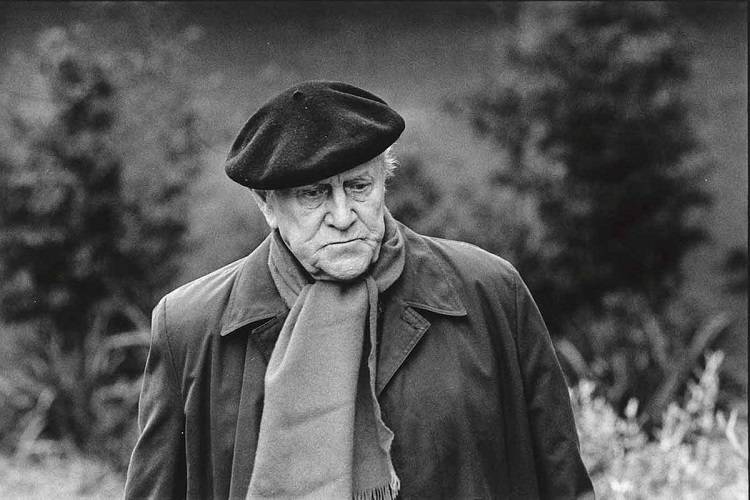Patrick White (28 May 1912 – 30 September 1990) was a British-born Australian writer. He was awarded the Nobel Prize in Literature in 1973.
Life and Career
Patrick White was born on 28 May 1912, in Knightsbridge, London, United Kingdom. White attended various schools in Sydney and later studied modern languages at King’s College, Cambridge.
After completing his education in England, he traveled extensively in Europe, which had a profound influence on his worldview and writing.
Patrick White’s literary career began in the 1930s when he started writing novels and short stories. His first novel, “Happy Valley,” was published in 1939. However, it was with his 1955 novel, “The Tree of Man,” that he gained international recognition.
Some of his most famous works include “Voss” (1957), which won the Miles Franklin Award, “Riders in the Chariot” (1961), and “The Eye of the Storm” (1973), which won the Nobel Prize in Literature.
White was known for his rich and complex prose, exploring themes of identity, spirituality, and the Australian landscape. His works often featured flawed characters and examined the human condition.
Patrick White passed away on 30 September 1990, in Sydney, Australia.
Award and Legacy
Patrick White was awarded the Nobel Prize in Literature in 1973, making him the first and only Australian to receive this prestigious honor. The Nobel Committee recognized his powerful writing style and his ability to create epic and psychological narrative art that contributed significantly to modern literature.
White won the Miles Franklin Award, one of Australia’s most prestigious literary awards, for his novel “Voss” in 1957. This award recognizes outstanding contributions to Australian literature.
Patrick White is often regarded as one of the pioneers of Australian literature. His works played a crucial role in establishing a unique Australian literary identity, exploring the country’s landscape, history, and cultural complexities.
White’s novels are known for their deep exploration of the human condition, identity, and existentialism. He delved into the complexities of the human psyche and challenged conventional narratives.
White’s works have been translated into multiple languages and continue to be read worldwide. His Nobel Prize win not only elevated his status as a writer but also brought global attention to Australian literature.
Many Australian writers have been influenced by Patrick White’s writing style and themes. He set a high standard for Australian literature and inspired subsequent generations of authors to explore complex, introspective narratives.
To honor his legacy, the Patrick White Award was established. This award recognizes outstanding contributions to Australian literature and celebrates authors who, like White, have made a lasting impact on the country’s literary scene.

